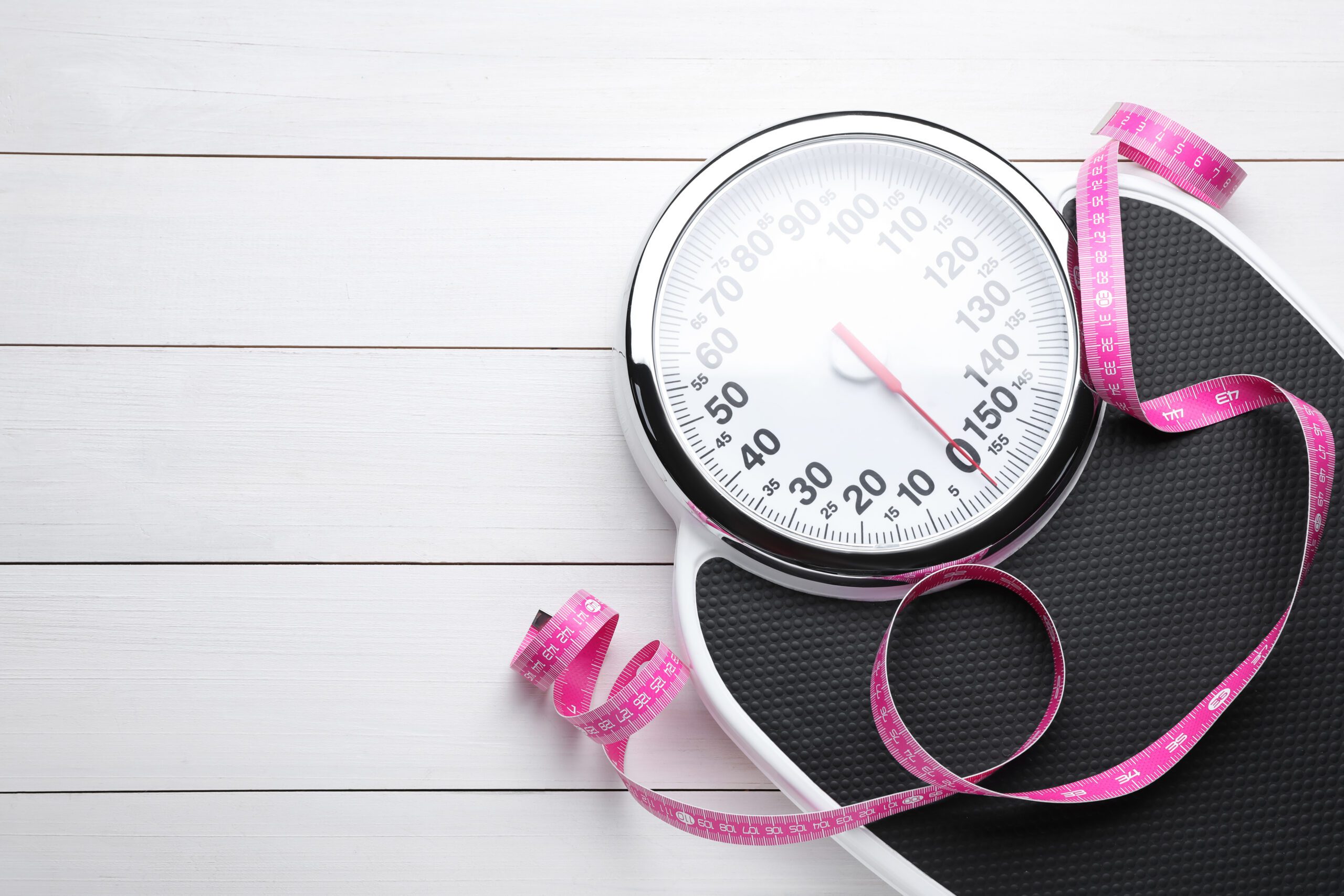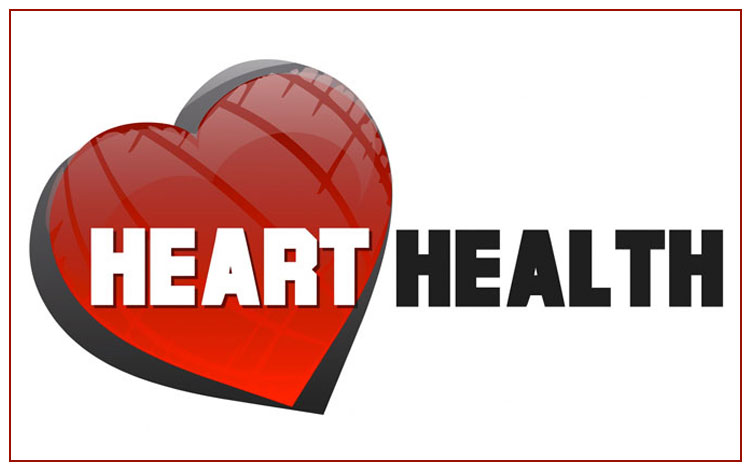
Health News
Features
-
A How-To for a New, Improved You
Elaine Thompson, Others to Speak at Southeastern University Seminar by REBEKAH PIERCE Southeastern University is gearing up to kick off the new year with its inaugural “SEU Presents” event series. The first event, “A New Year, A Happy & Healthier You,” will be held January 5 from 8 a.m. to 12:45 p.m. at the Lake…
-
Confident & In Control
Bariatric Surgery Helps Poinciana Educator Start a New Chapter by Ryan Milejczak A new year means a new opportunity to become a better you. And if you ask a room full of people what changes they’d like to make in their lives, the most common answer will almost certainly be some version of “lose weight.”…
-
Pop Quiz: Cracking the Code on Hunger
If you’ve made resolutions this New Year, statistics say that one of those resolutions is likely about losing weight and eating healthier. Unfortunately, reports show that not even 10% of resolutions are kept by the end of January! One reason for giving up on resolutions to lose weight is many people don’t understand the science…
Columns
-
Health Facts: Tired … thinning hair . . . tearful? It may be your thyroid gland
THE THYROID GLAND is a butterfly shaped organ that sits in the lower front of the neck. It’s job is to make thyroid hormones, which are secreted into the bloodstream and taken to every tissue in the body. Thyroid hormones regulate metabolism, energy levels, and affect your appetite, body warmth, sleep, and mood. Symptoms may…
-
Senior Care: Oral hygiene and its importance for your senior loved one
DENTAL HEALTH is important at any age, but it’s especially true for our senior populations. Today’s seniors likely didn’t have the benefit of fluoridated water and other products as children, and there are few healthcare programs that offer comprehensive dental care; both Medicaid and Medicare only offer scant coverage at best. The issue is so…
-
Editor’s Dose: Daily steps toward a healthier heart — so you don’t skip a beat
IN MY FAMILY, there is a history of a blood disease, which causes the person to produce too many red blood cells. This, in turn, causes the blood to be too thick, which puts the person at increased risk for heart attack or stroke. Although this rare condition is not linked to heart disease, it…




